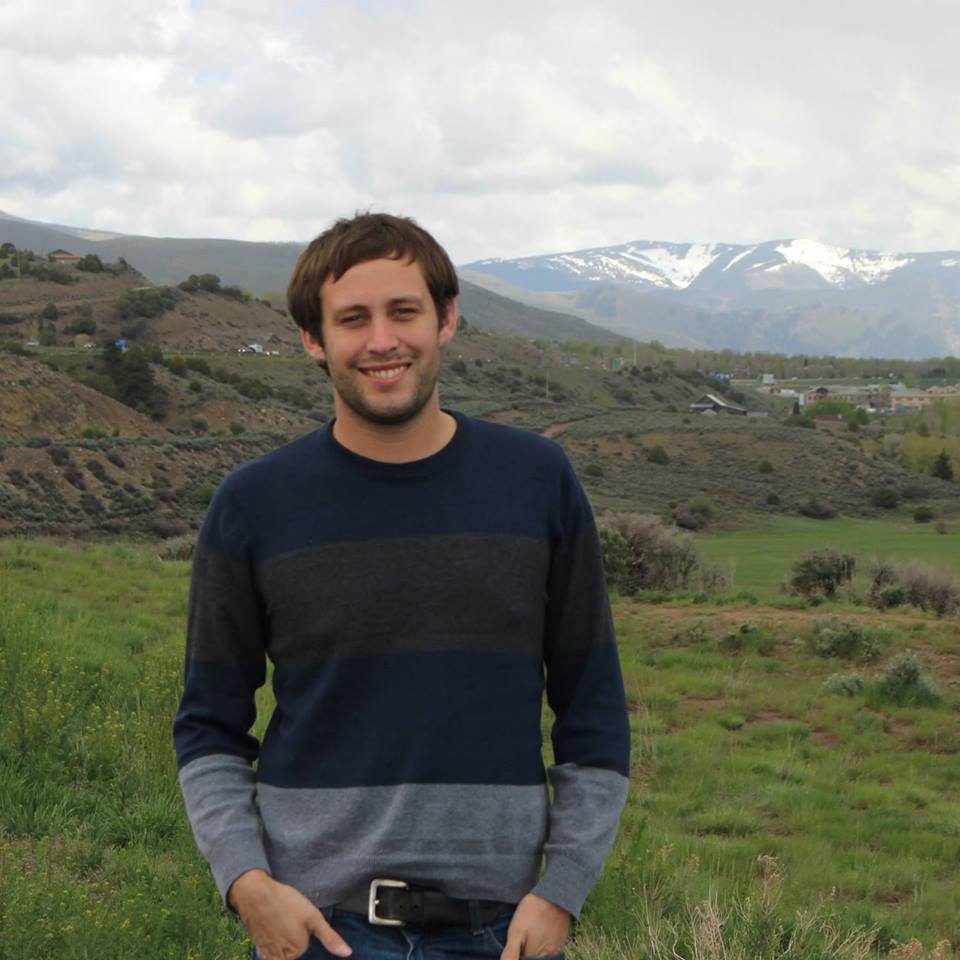In recent years, Public Health as a field has called for an increase in evidence-based practice. Due to the dynamic nature and complexity of public health evidence, traditional epidemiological study designs lending from clinical medicine are often insufficient to make conclusions informing policy or practice at the population level. Evidence-based public health practice strives to integrate science-based interventions and community preferences for improving population health. The opportunity to work on an evidence-based program as a graduate research assistant (GRA), began a two-year, ongoing journey for Neil Yetz, a second year MPH student in the Epidemiology concentration at the Colorado School of Public Health; Neil works as a GRA through the Psychology department doing program evaluation for Campus Connections.
Campus Connections is a service learning course at Colorado State University (CSU) where undergraduate students mentor at-risk adolescent youth referred from community partners. “In my opinion, evidence-based research and practice are key to a greater community. The great thing about Campus Connections is that they care about how well their program is performing. Therefore, as an evaluation research assistant, I feel that I serve as one who helps to empower the program overall and contribute to better outcomes for the at-risk youth that run through the program,” said Neil of his experience. In his role, Neil is primarily responsible for evaluating the program overall and testing the effectiveness of a new mentorship strategy. He has spent the last two years helping to create and distribute a validated survey to participants, comparing the two different mentoring strategies.
Currently, he is in the process of combining his GRA work into a capstone project, and data analysis is the next step. MPH coursework has been a large contributor to Neil’s ability to do this work. “It’s great to learn about evidence-based model implementation in my course work and then see exactly how we are applying it to our program. Without a rigorous statistics course, I don’t think I could ever feel comfortable being a researcher. As I combine my GRA position and capstone, it’s great to see how much I use the applied statistics courses. I went from doubting myself with every decision, to being confident in a matter of a semester,” he said.
When reflecting on his GRA experience and its highlights, Neil highly values the mentorship that comes from a GRA position. “A GRA position is a learning opportunity. Challenge yourself through it and recognize that you are serving as a student and a professional at the same time,” Neil says. His faculty supervisor, Dr. Kimberly Henry, a Primary Investigator on the study and a faculty member in the CSU Psychology department, highly values Neil’s contributions to the endeavor. “Neil plays a critical role on the research team, he is becoming a highly skilled data wrangler and analyst. These analyses will be embedded in the comprehensive assessment to model the effects of Campus Connections on the health and well-being of adolescents and mentors,” she said.
The trajectory Neil’s GRA position set him on has opened up opportunities extending beyond graduation, as he was recently accepted into the MS/PhD program in Applied Social and Health Psychology at CSU. He attributes this opportunity largely to his GRA work, “My GRA position helped drive my career ambitions. I always had an idea that I wanted to pursue the world of research but this position really helped me create a realistic path. Thanks to this work, I’ve found an opportunity to continue schooling. I honed in on my specific research passions because of my GRA and feel confident to continue towards my career goals because of it.”
Acknowledgements:
William T. Grant Foundation
Joint PIs: Shelley Haddock and Kimberly Henry

